

Successful exporters must comply with both U.S. regulations and foreign import requirements. When shipping to U.S. free trade agreement partners, you may qualify for reduced or zero tariff rates. Understand compliance issues and access useful tools to protect your business.
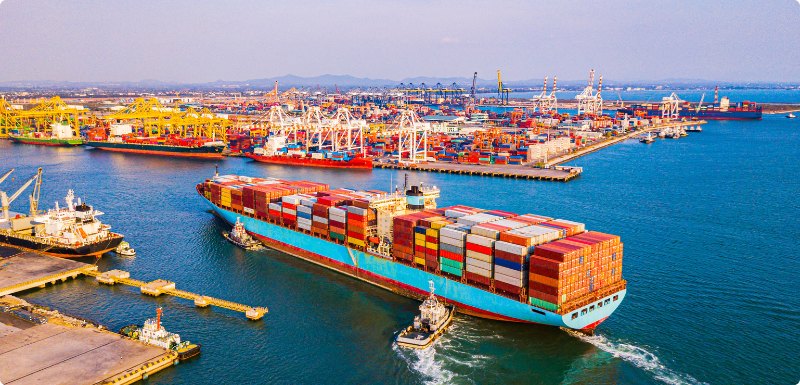
There are various U.S. Export Regulations that cover whether or not you can export your product (export licenses) and if you can sell to a potential customer.

Learn about the different types of import requirements you may encounter. These include various Customs requirements, product regulations, privacy laws, and tariff assessments.

There are also considerations when shipping to U.S. free trade agreement (FTA) countries. You can be more competitive since a major benefit of FTAs is duty-free access to select markets.

The Export Administration Regulations (EAR) govern the export and re-export of some products, software and technology.

Check the CSL that identifies parties for which the U.S. Government maintains restrictions on certain exports, reexports or transfers of items.
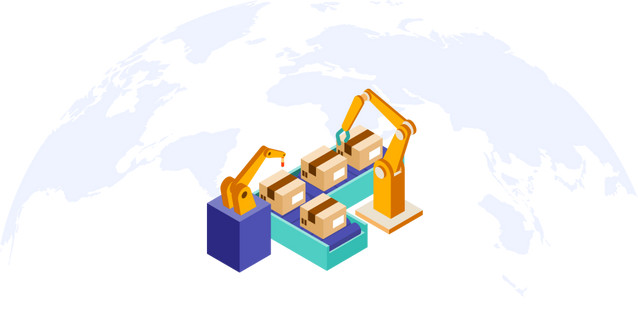
Federal law requires exporters to use the AES to report shipments valued at $2,500+ or if it requires an export license.

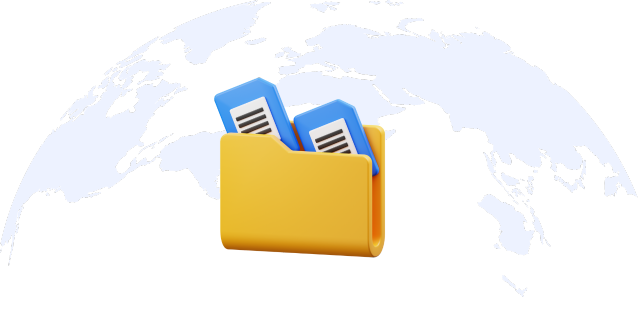
The requirements needed to export can vary country by country. Use Country Commercial Guides to learn about specific markets of interest and avoid issues.
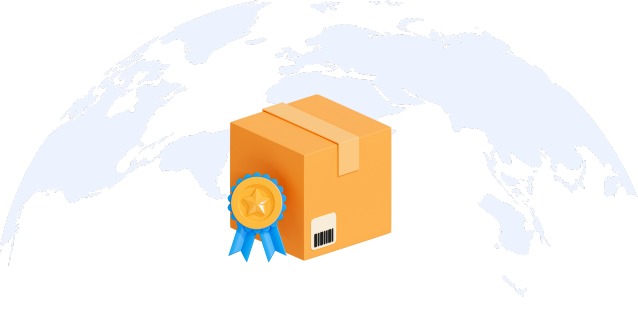
Standards and regulations in overseas markets can protect the health and safety of consumers or be barriers to trade. Region-wide standards include the EU CE mark and China CCC mark.
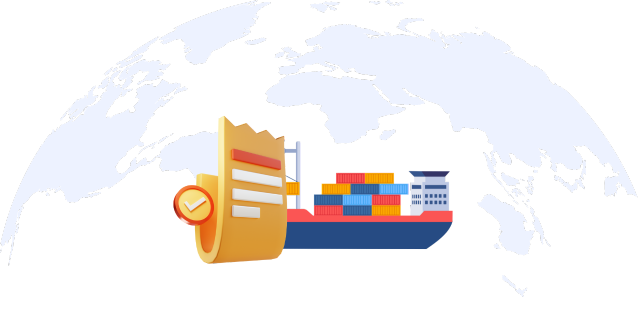
Taxes levied by foreign governments on your product can vary by country, and may be eliminated through free trade agreements with the U.S.
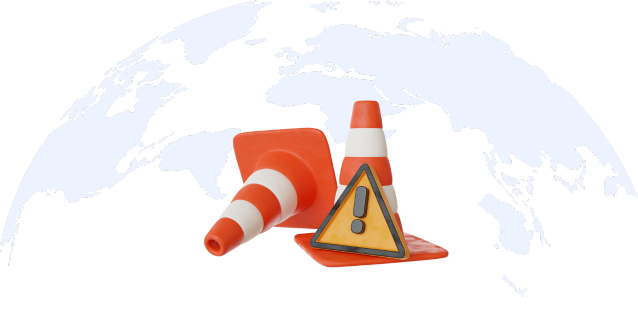
When particularly burdensome or discriminatory barriers are imposed by a foreign government, a U.S. company may be able to obtain help from the U.S. Government.
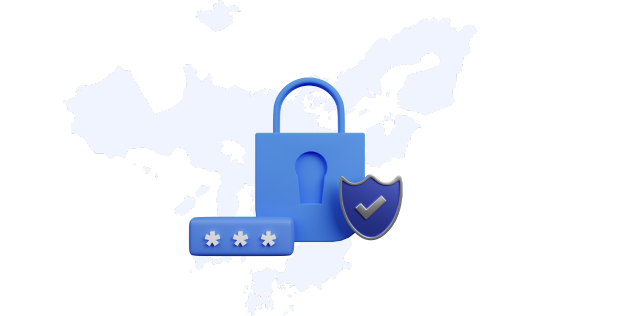
The EU General Data Protection Regulation (GDPR) sets the rules for the protection of personal data and for the movement of data in the EU.
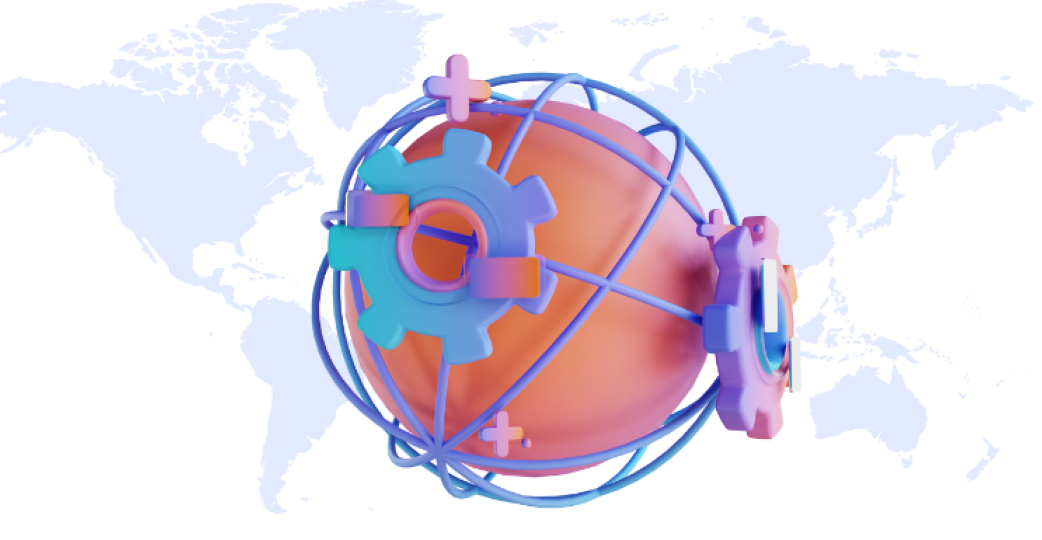
Our industry specialists overseas can analyze your product/service’s potential in a targeted market through their connections with key industry participants
Here are recommended next steps for you.

Discover solutions for new and experienced exporters.
![]()
All resources for exporters.

Follow us by email or social media.
![]()
International Trade Administration
U.S. Department of Commerce
1401 Constitution Ave NW
Washington, DC 20230
The International Trade Administration, U.S. Department of Commerce, manages this global trade site to provide access to ITA information on promoting trade and investment, strengthening the competitiveness of U.S. industry, and ensuring fair trade and compliance with trade laws and agreements. External links to other Internet sites should not be construed as an endorsement of the views or privacy policies contained therein. This site contains PDF documents. A PDF reader is available from Adobe Systems Incorporated.